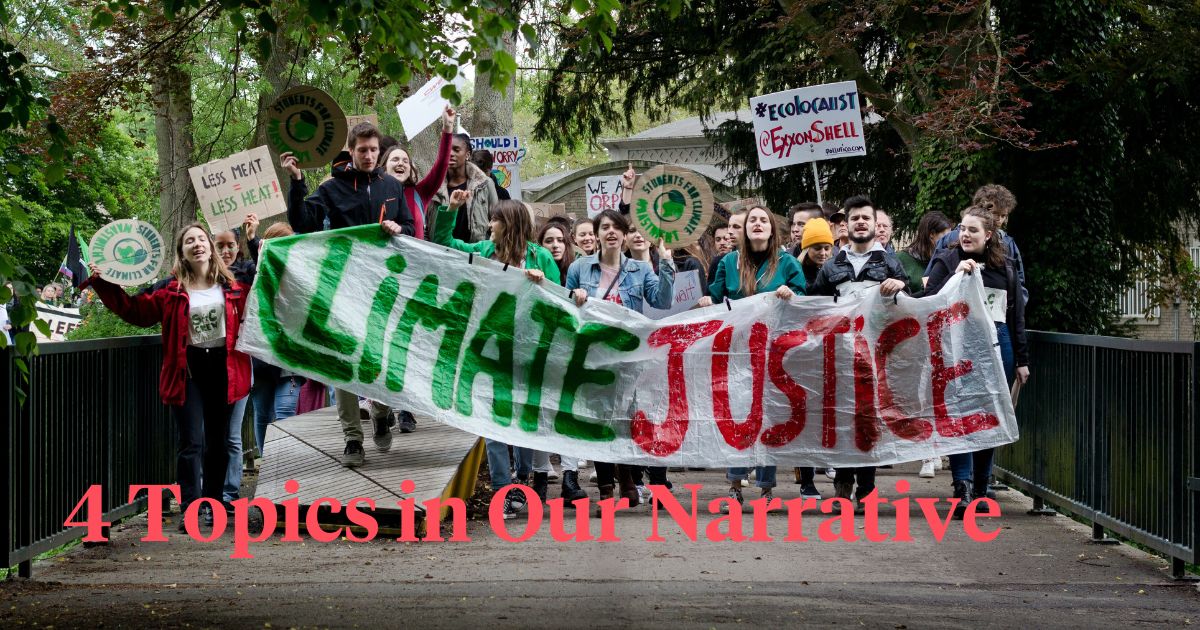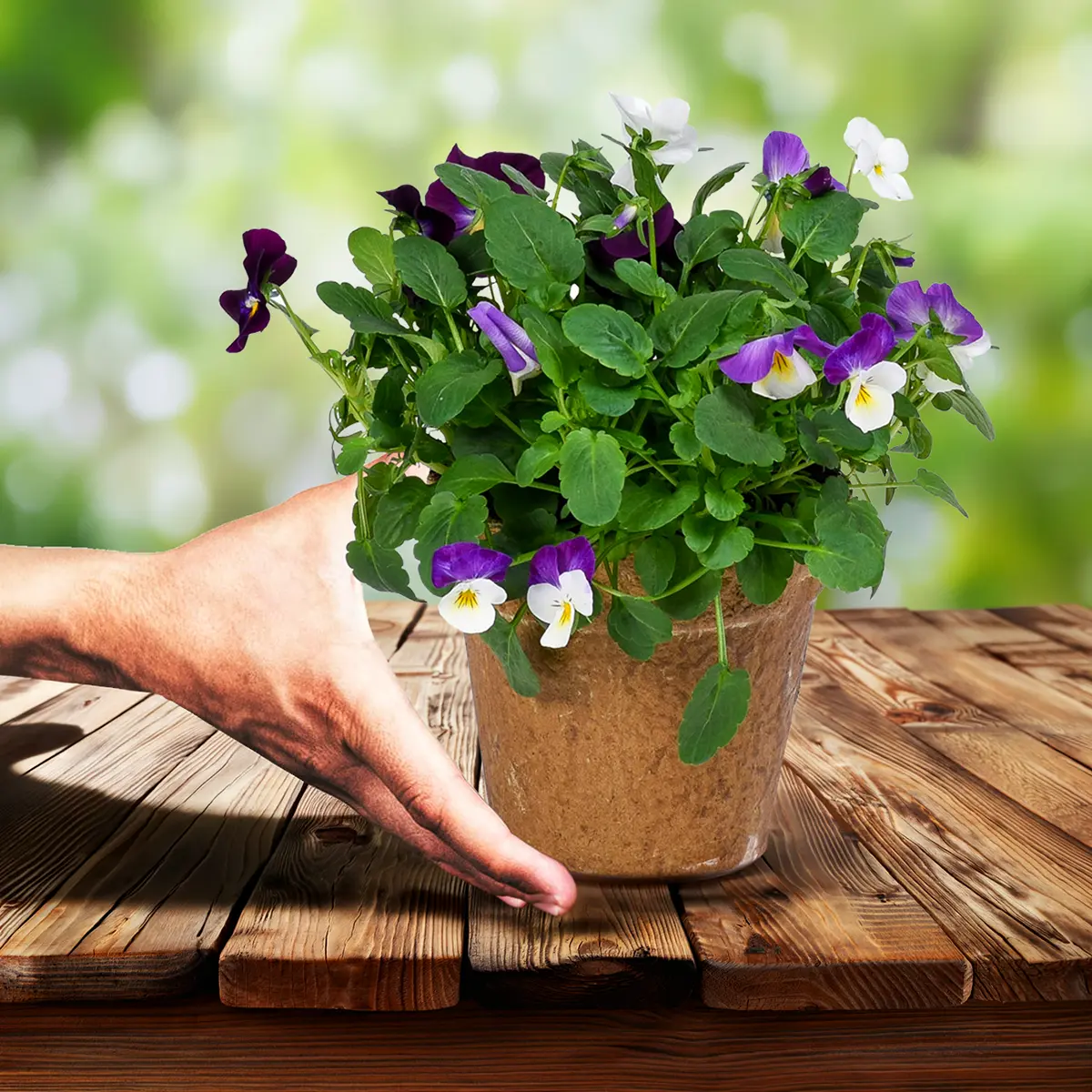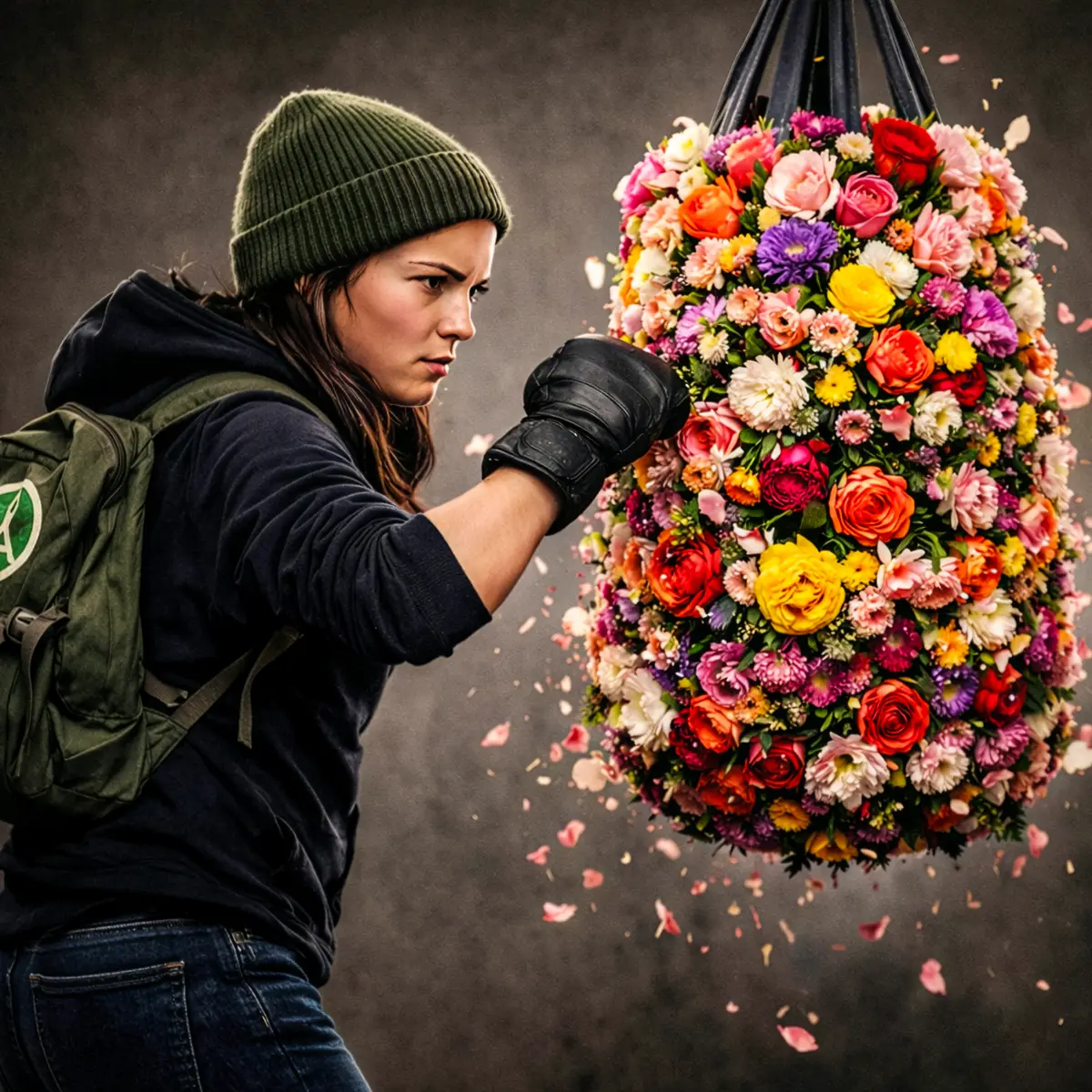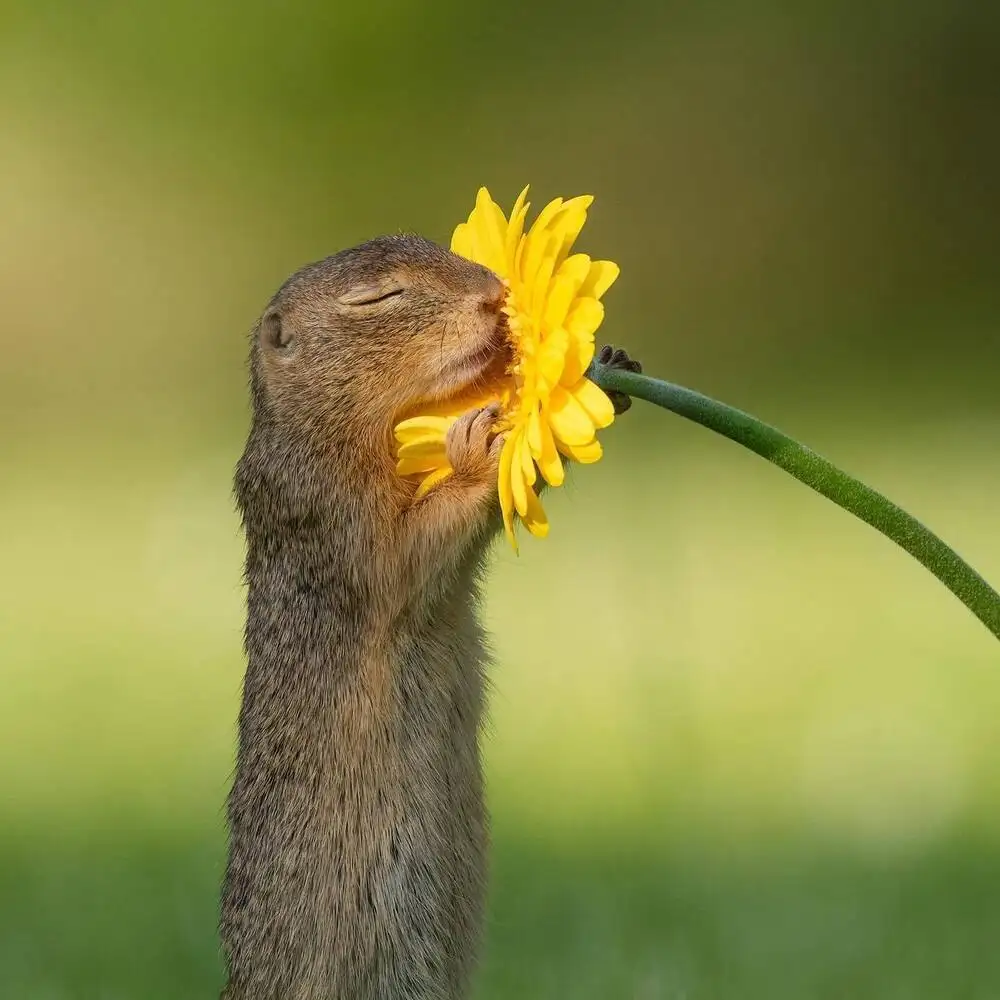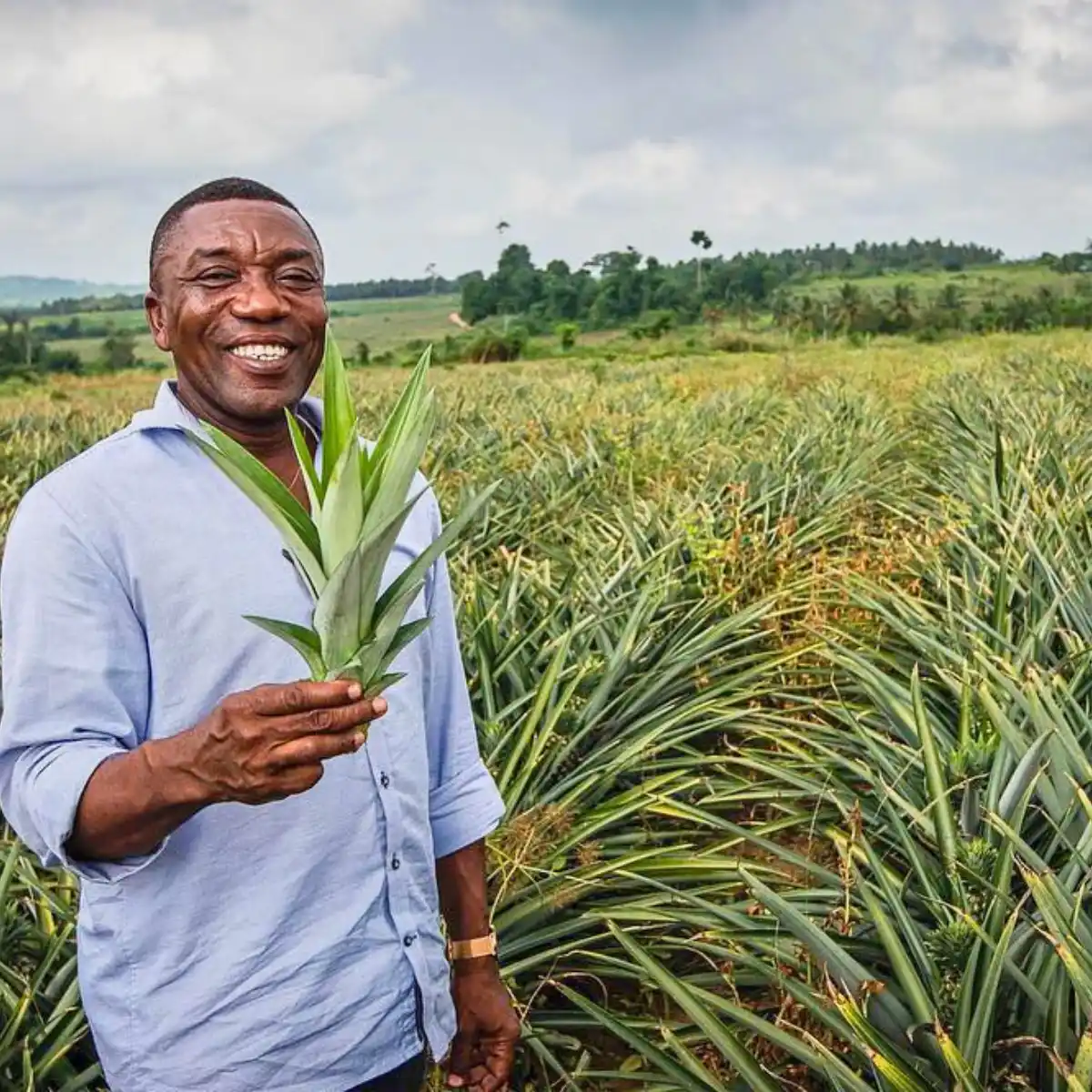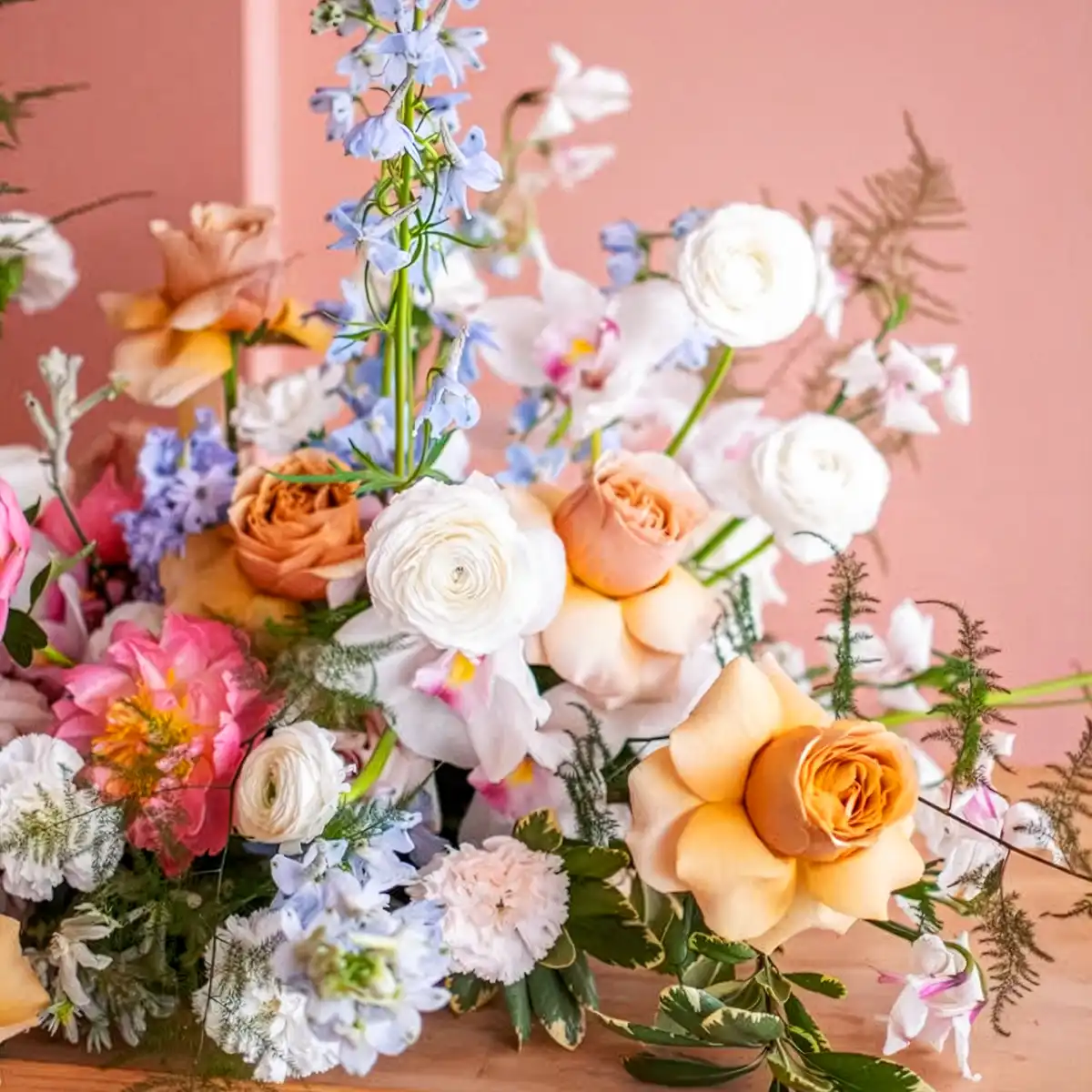In floriculture, we live in a world where nature and commerce harmoniously intertwine. It's an amazing industry. Most of us are biased, of course, I am too. But I know some things, and I like to see myself as reasonable.
I am worried.
Nowadays, some 'climate people' shout as if there's nothing good with our industry. You might have heard about the poison tests before Valentine's, people comparing plastic flowers with real ones. Some people even are embarrassed to receive fresh flowers. Others feel guilty. We face a new situation in which climate people want to abolish floriculture.
I resent how the flower industry is portrayed by those who are ideologically mistaken or want to score indiscriminately for their own gain whether that gain is personal branding, political, or financial gain.
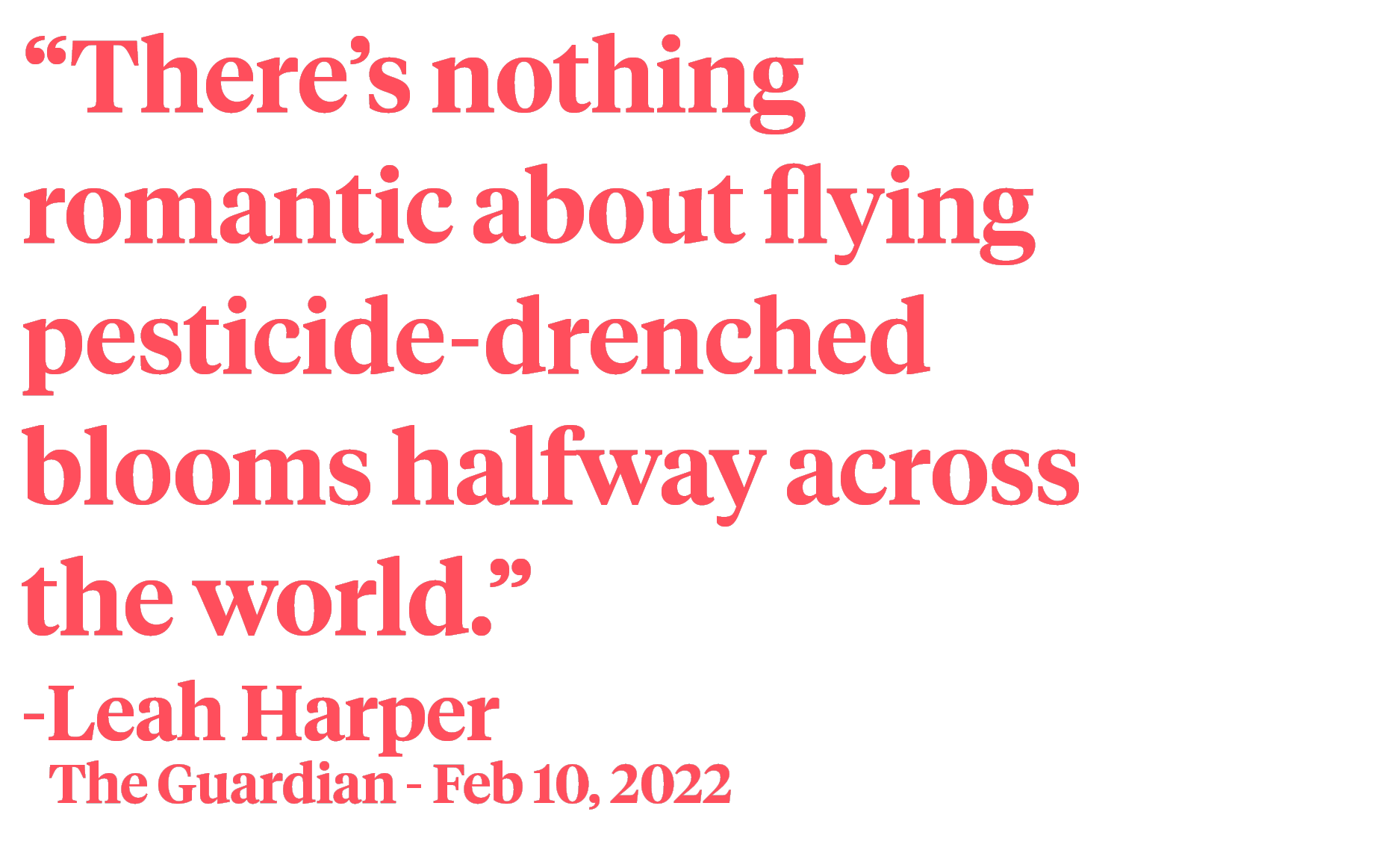
I give you some background:
A few years ago I started Bee-O, a wholesale business in organic plants and flowers, or at least, I tried. And failed. I learned that many flower and plant species cannot be grown organically on a large scale. We want to, but we can't. This depends on a number of things, but mainly on the fact that the average consumer does not want bugs in their flowers and plants. (Organic cultivation = bugs in the flowers and plants).
What Climate People Say
1) Climate people want us to only produce organically.
It is a fact that most varieties are very hard, or impossible, to mass produce without the use of some fertilizers, pesticides, and/or fungicides. But climate people also bash our industry because of the footprint of flowers and plants, which entails energy, transport, packing, and disposal.
2) Climate people don't want any footprint on flowers and plants.
So, what's the alternative for climate people? There is none. Generally speaking, they are against flowers and plants. There's even a political party in the Netherlands that in their election program says they want to get rid of the entire floriculture industry. Sounds crazy?
Yes, it does. But now what?
Our First Response
The fact is, most climate people have their facts either wrong, or not at all, but they have extremely loud voices. And if we do not respond, or even better, proactively tell our story, people will experience many negative consequences. Not only in our beloved industry but also all the people outside our industry will suffer. I try to explain what I believe we should do to prevent this.
First, we need to change our first response to climate people, and second, we need to have a good narrative (don't worry, we have), and third, we need spokespeople in every country to respond to crazy claims, and proactively tell our narrative.
Our narrative contains four major topics, which I think we should repeat endlessly. But before I tell you which topics, I have to say that I think it is very important not to go into the trap of having a discussion on how sustainable our industry is. By doing that you give climate people a nail, and they have a very big hammer to hit it. And to be fair, in the meaning of the word, how sustainable can a cut flower be? Growing a flower, transporting it, only to be discarded after a couple of weeks? By definition, for climate people, a cut flower is not sustainable.
So, let's not give climate people a nail to hammer on. Last year in Germany before Valentine's, climate people put a bunch of flowers in a blender and extracted the amount of pesticides in it. The general response in the industry was one of insecurity, and immediately we were talking about how sustainable we are, and how far we have come already. Bla-bla-bla.
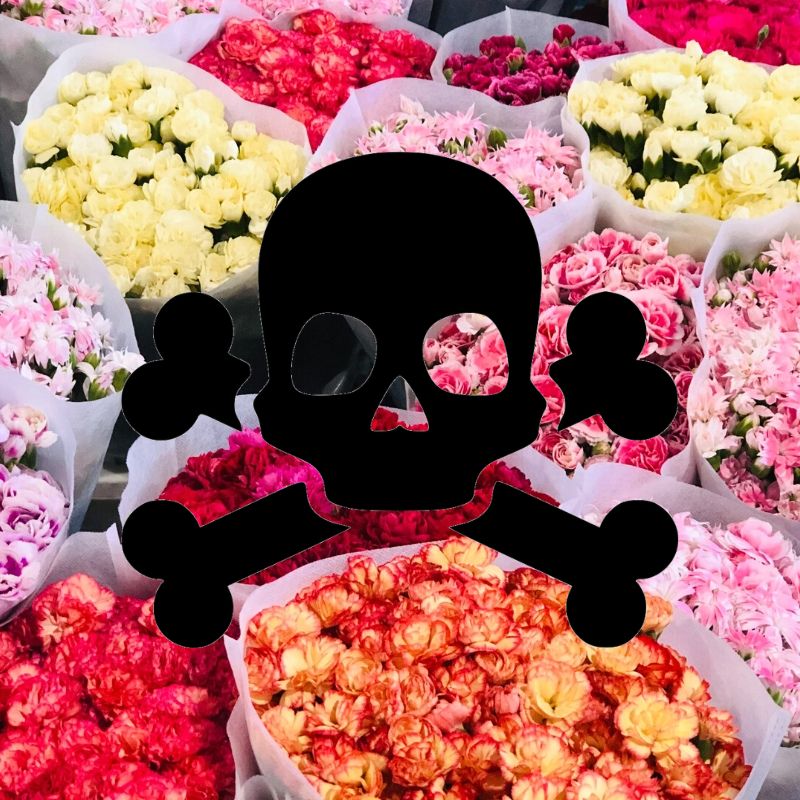
(For climate people, it doesn't matter if we are very sustainable. We are not 100%. We do use pesticides, fertilizers, water, energy, etc. To them, we are not sustainable. That's the only thing they hammer on, and what brings them to say they want to end the industry).
We should have responded differently. In my opinion, the first thing we should've said is that it's a crazy idea to put flowers in a blender, and then claim if a bee lands on it it will die of poison. The reality is that this never happens and the bee will not die from poison but will drown first. The first thing we need to do is: take away their ammo, take away their nail. But this part is not an argument, it is just changing the playing field. Changing the perception of the attack. It is not a real argument. But, this is something we should not be afraid of doing. Now the question arises, who is going to do this? Who is going to stick his head out?
Proactively Telling Our Story
So, besides the first response after an attack by climate people, it's imperative to actively talk about the floriculture industry in a positive way. And rightfully so, we have something to be really proud of. We are one of the best industries in the world. Our narrative to support this fact consists of 4 valid arguments, each one very important, and very simple to understand for the common man. If explained in the right way.
4 Topics in Our Narrative
In my opinion, we have four talking points, which you can use not only for climate people but also use them to engage and communicate with everyone. Four arguments that I believe no one can disagree with:
- Floriculture is an industry in which the products benefit people’s health. --> Flowers and plants are good for people.
- Floriculture is an industry that by its nature actively supports biodiversity. --> Everyone in the world can put a wide range of varieties of plants and flowers in their homes and gardens.
- Because of the flower industry many people around the world benefit economically and socially. --> Many HR developments are in place worldwide to empower women, school children, and uplift communities.
- The floriculture industry takes a leading role globally in its sustainability efforts and is proactively aware of-, and minimizing its footprints. --> Because producers are very aligned with how flowers and plants grow, they care about nature. No one ‘likes’ to use pesticides.
We should speak out these talking points, and repeat them endlessly IMHO.

1) Flowers and Plants Are Good for People
Floriculture stands unique as the only industry where its very products improve human health. Scientific studies have time and again extolled the virtues of flowers and plants in enriching our lives. From the calming influence of lavender to the air-purifying prowess of the peace lily, flowers, and plants play a paramount role in enhancing our mental and physical well-being. They don't just beautify spaces; they bring wellness right to our doorsteps.
What happened during the pandemic? So many beautiful happy faces because of flowers. Flowers and plants combat loneliness by adding something alive to your home and other spaces.
Moreover, the simple act of tending to a plant or admiring a bouquet has profound psychological benefits. It's no wonder that horticultural therapy is gaining traction in the medical world. Through the magic of flowers and plants, people reconnect with nature, alleviating stress, boosting mood, and improving concentration.
2) Floriculture Supports Biodiversity
Floriculture is a proud advocate of global biodiversity. By offering a diverse range of floral varieties, the industry promotes a colorful tapestry of life that people can weave into their homes and gardens. Every orchid, rose, or tulip that finds its way into a vase or garden represents a slice of our planet's rich biodiversity.
Moreover, by nurturing diverse plant species, floriculture plays a pivotal role in maintaining ecological balance. These plants provide habitats for myriad insects, birds, and other fauna. In essence, by inviting these plants into our spaces, we’re bolstering an intricate web of life and championing environmental diversity.
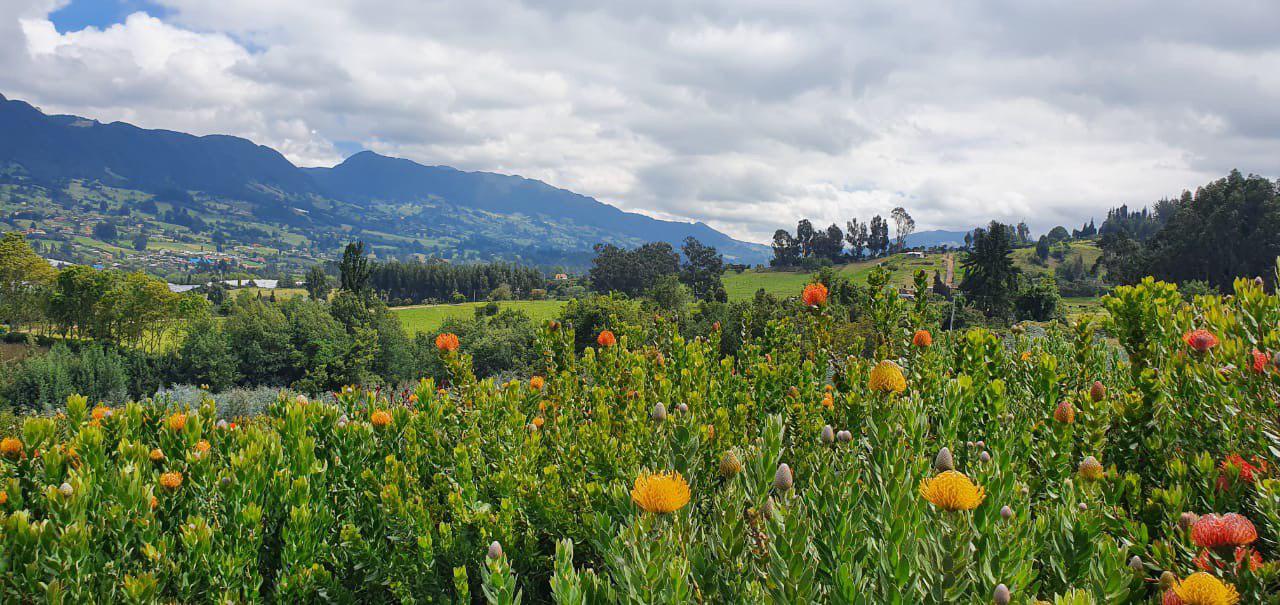
Now, climate people say: only organic! But what happens if organic plants become the norm? I do not think this will be good for biodiversity, as 95% of plants will no longer be grown. Moreover, it is a fact that the vast majority of plants are now quite clean, and quickly become 100% clean after a few weeks in the garden.
It remains a very nuanced story. I am afraid that if the West switches to 100% organic, large-scale non-organic cultivation will only take place for countries where sustainability is NOT on the agenda, and we will be worse off as a whole. A valid argument as well. We need our knowledge and technology to make the industry more sustainable worldwide. Because we want to do good. Let's keep on doing that!
3. The Beneficial Social and Economic Impact of Floriculture
The ripple effect of the flower industry isn't just ecological; it’s profoundly social. And economical. Floriculture has played a transformative role in uplifting communities worldwide. By providing employment and growth opportunities, the industry has been a beacon of hope for countless individuals.
Notably, the industry’s HR initiatives empower women and children, ensuring they have access to education and better living standards. Communities home to floriculture hubs witness a holistic development that transcends economic growth, nurturing the seeds of social change and community well-being.
4. The Industry's Pledge and Action in Being Sustainable
The floriculture industry's bond with nature ensures a deep-rooted commitment to sustainability. Aware of the delicate balance of the ecosystems, the industry continuously seeks innovative methods to minimize its carbon footprint and environmental impact. As stewards of nature, breeders and growers understand the rhythm and rhyme of plant growth, advocating for practices that are in harmony with the environment.
The flower industry also has many sustainable initiatives and is therefore innovative for complex problems. Think of a greenhouse as an energy source, floating solar panels in water basins, reusing water. The floriculture industry is an example to others.
Furthermore, it's a misconception that the flower industry relies heavily on pesticides. The truth is, no one enjoys using them. The industry is making remarkable strides in adopting more organic and eco-friendly farming practices, ensuring that the flowers and plants that reach consumers are as pure as nature intended.
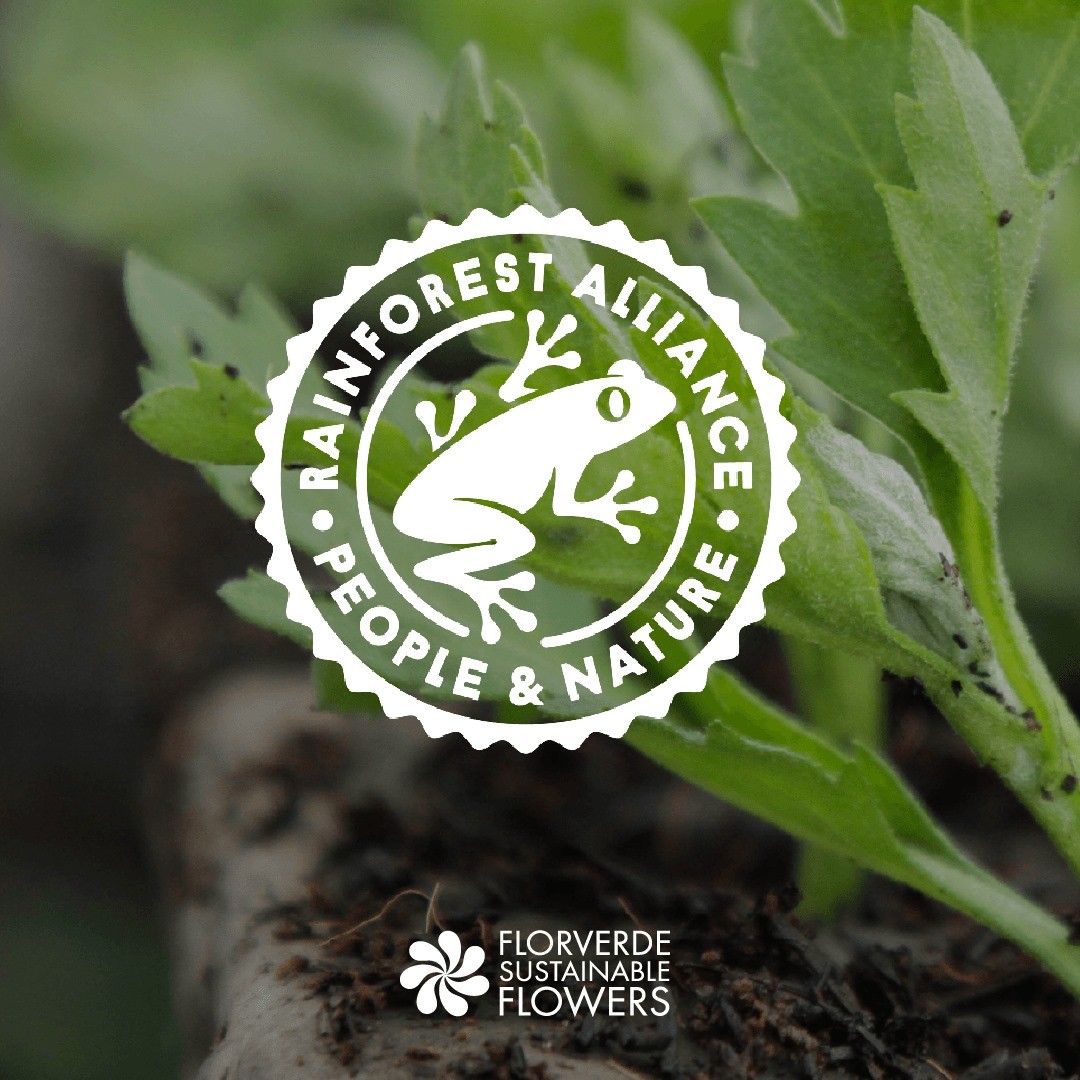
There's no industry as the floriculture industry as proactively involved in improving the ways of producing and dedicated to setting standards to measure and lower footprints. The industry has placed a great deal of emphasis on reducing carbon emissions and encouraging environmentally responsible behaviors. Although these are admirable initiatives, it is imperative to understand that other sustainability aspects are given consideration too. The floriculture sector is also an exemplary example of, and supports an all-encompassing strategy that takes the Sustainable Development Goals (SDGs) into account.
The UN's Sustainable Development Goals (SDGs) offer a thorough framework for tackling world issues. These objectives cover a broad spectrum of topics, such as the eradication of poverty, environmental preservation, social equality, and economic development. The flower industry creates a more sustainable future that goes beyond the idea of a just reduction in the carbon footprint. (See the health, natural, social, and economic impact of floriculture above).
Advocacy and Ambassadors for the Floriculture Industry
What we need to have are advocates and ambassadors of our industry in any country in the world where our industry is being targeted by climate people. Pop stars, actors, or any other people who are well-known in the public domain. People with influence and a large following, train them on how to convey our narrative and on how to respond to the easy one-liners by climate people. We should not only have the right answer or counterargument, but we should proactively influence the perception people have of flowers and plants, and change it back to what it really is:
- Flowers and plants are good for you,
- Floriculture supports biodiversity,
- The economic and social impact of floriculture is huge, and
- The floriculture industry is front-running on sustainability efforts and actions.
We Flourish, Together
Our beloved floriculture exemplifies how industries can both prosper, nurture, and preserve. As we hold in our hands a bouquet, let's remember it's not just an assortment of flowers, but also something good. Beneficial for our well-being. And a testament to an industry’s unwavering commitment to the planet and its inhabitants. It is therefore I have advocated for flowers and plants to be listed as a primary human right. Far-fetched? I don't think so. The arguments for it are clear. We flourish together in this wonderful industry, let's try to make it even better together.
Header Image by Vincent M.A. Janssen, featured image by Kevin Grieve

